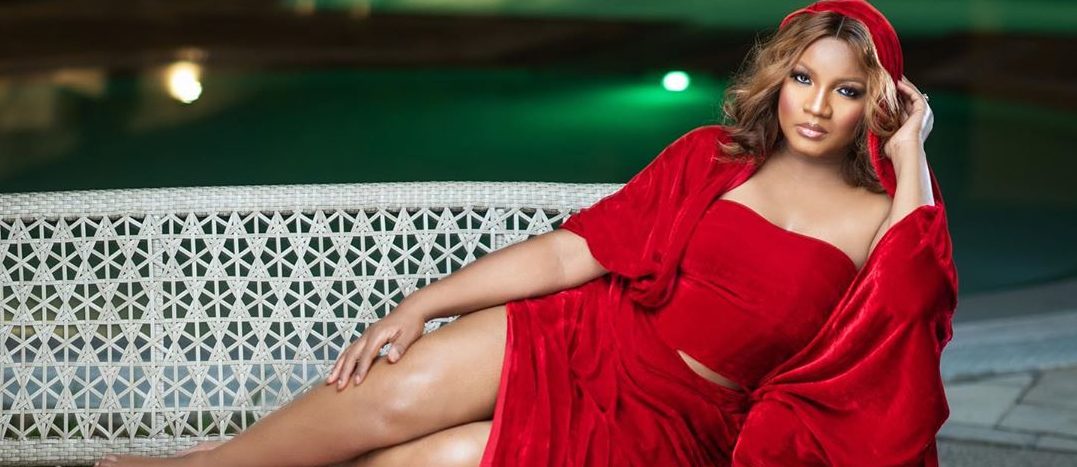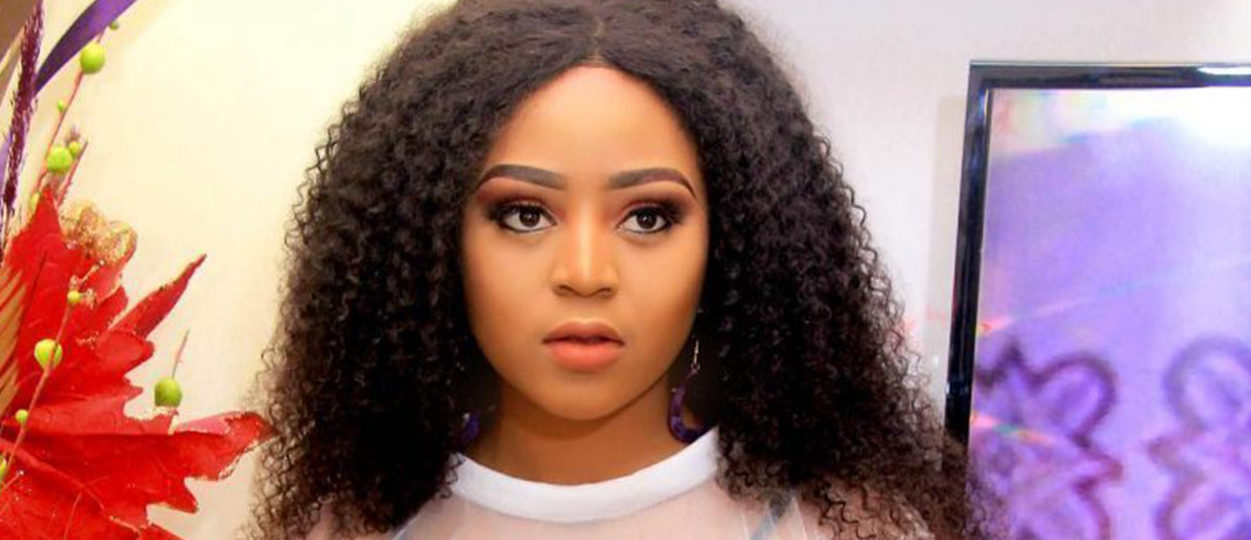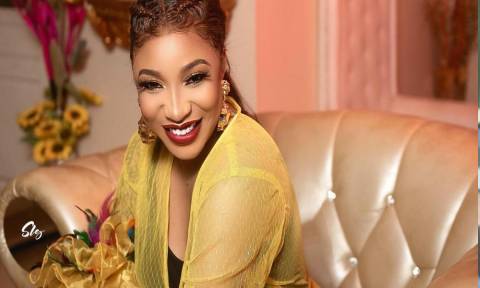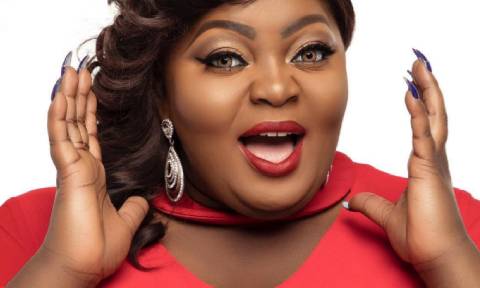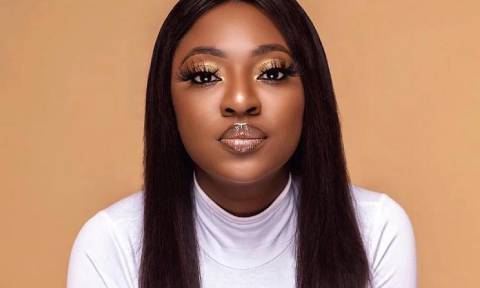
Ronke Afolabi is charming, black and beautiful. She radiates so much confidence and poise at every encounter partaining issues on HIV/AIDS. In this interview with KUNLE ODEREMI, she x-rays her life as a social worker and somebody living with HIV.
How she discovered her HIV positive status?
I fell sick and I went to the hopital for a test. It was discovered that I was HIV positive. It didn’t come to me as a surprise because I had heard about it and going to a church where people would come out to tell us that they were living with HIV and that they could still live their normal lives. They also told us many ways one can get it, not through sex alone.
There is nothing wrong if I got it through sexual intercourse. I’m not a young person. I’m an adult. I’m not a virgin.
Her lifestyle before discovering she had HIV
I was living a very good life. I got married and I was staying with my husband. We separated. So, that was it!
There was no symptom then; there was no problem at all. I think it was after we separated that I contracted it. There are so many ways someone can get HIV. One cannot even say exactly how. So, I wouldn’t tell you maybe it [was] through sexual intercourse or through other means.
Challenges of being HIV positive?
There are `a lot of challenges. The society tends to stigmatise and discrimintate against people with HIV/AIDS. Besides, victims don’t want people to see their faces. That is part of the challenges. The federal government has tried so much because the drugs are now free. I remember when I first tested positive, the price of the drug was about N70,000. Now, it is readily available and very accessible. For example, they are readily available in private hospitals and places like the Nigerian Institute of Medical Research.
Is she missing anything as a result of her HIV status?
I’m not missing anything. In fact, I’m living my life to the fullest. Sex is a personal matter, any way. I don’t need to tell you if I’m still having sex or not. I’m just a complete human being and I can do all the things that women do. They get married, have children, have a good job, build houses and have cars. I can also do those things.
My HIV status doesn’t affect me at all because I know myself. If I could ask you how many girls have you dated in your life, can you tell me? Was your wife born and brought intact to you for marriage? Are you the one who deflowered her? So, there is nothing that I have done so far that you have never done as a being, negatively.
I have always taken precautions even now; I don’t want to infect others. that’s why I’m living openly. People know that I’m living with HIV. There are some people like me, young ladies, out there, who do not want to live openly.
Attitude to the HIV/AIDS campaign before discovering her status
I didn’t know much about it. So, I didn’t take the campaign seriously. It was not until I found myself in the current situation that I knew what to do. The society should not be discriminating and stigmatising people that are living with HIV because we still have a lot of health problems. One could have HIV without anybody knowing. It is never written on the face. There is the problem of cancer, diabetes, hypertension, and a lot of other diseases. Government should face those ones and stop stigmatising people that are living with HIV.
Any regrets?
Regrets for what? For having HIV? It’s not the end of life. So, I don’t have any regrets for having it. I’m not missing anything, even sex. Someone who is HIV negative does not have the opportunity to see the president/founder of Asabe Shehu Yar’adua foundation, Hajiya Asabe Yar’adua. I can hug and sit beside her. My status has enabled me to get to a lot of places in life. I have been to many places that persons that are not HIV positive find difficult to get to. I’m a grandma; I have three kids and all my children are in the university.
Coping with sexual urge
I get over it like others. The fact that I’m separated does not mean that I can’t find anybody that could woo me or offer his hand. Why should people get scared? Does it mean that HIV is magnetic? Does it mean that if they touch somebody with HIV, they would contract it? It’s not so.
How she views her status
If I have to live my life again, I will still want to be HIV positive. I want it; it’s okay for me because I’m not a diabetis patient; I’m not a cancer patient nor a hypertensive patient. So, if I didn’t tell anybody what I have, nobody would know. But no one is spared from one disease or the other. And if I will rather choose, I will choose HIV, that’s what I want. If all my friends are having their parties and I am not there, the parties are not complete
Parents’ reaction when they learnt of her HIV status
They are so caring and loving. They are not worried. They are well educated and they know much about HIV/AIDS. They know someone can still live a normal life. I think I’m mature; I’m over forty. So, I do not think that they need to give me pieces of advice to live my life the way I want it. Parents should try to talk to their children and loved ones about it. They should not dicriminate or neglect anyone with HIV, whether they are family members or not.


